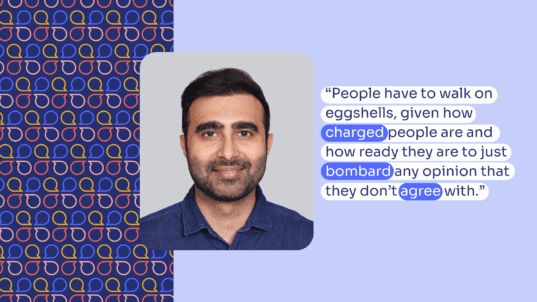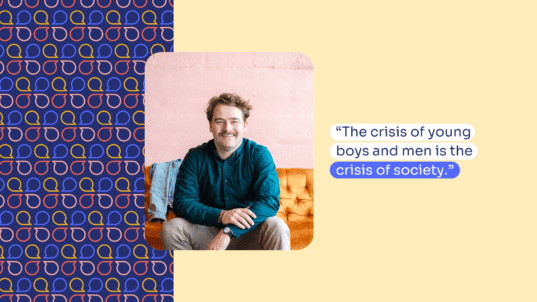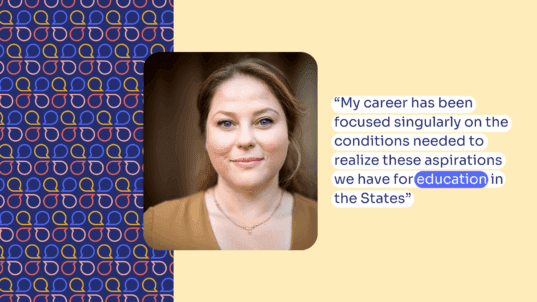A Sustained Discussion Project (2024-2025)
Led by SDP Visiting Fellow, Pratyush Rawal
Overview
How is our culture shaped by punitive assumptions and cancel culture mindsets? How have our institutions, economies, and even personal narratives normalized practices designed to punish, ban, cancel, or shame? How might we imagine life beyond punishment? And would we want it? This project critically examines the advantages and disadvantages of punitive cultures and offers an opportunity to imagine beyond them.
Exploratory Questions
In this project, we will explore a range of questions:
Cultural and Institutional
- How do our cultural assumptions and practices help to normalize punitive behaviors? How do our cultural assumptions play out in education, government, and workplaces? How might some of our other cultural norms challenge these punitive behaviors?
- What cultural narratives or values have contributed to the normalization of punitive practices like cancel culture? Are there specific historical or societal factors that have fueled this shift?
Cancel Culture and Free Speech (Tentatively supported with a case study in an educational institution)
- How does cancel culture affect the balance between free speech and accountability? Can there be a middle ground where people can be held accountable without being “canceled”?
- In what ways might cancel culture inhibit intellectual exploration in academic settings? Conversely, how might it serve as a necessary form of accountability for those in positions of power?
- What responsibilities do educational institutions have in shaping discussions around cancel culture, free speech, and accountability? How can universities foster environments that encourage forgiveness and learning from mistakes?
- Should universities play an active role in addressing the systemic inequalities that may contribute to the rise of punitive cultures? How can they do so in a balanced and fair manner?
Justice, Accountability, and Forgiveness
- What does justice look like in a non-punitive society? How can we hold individuals or institutions accountable in ways that promote growth and learning rather than exclusion or shaming?
- How do concepts like forgiveness and redemption fit into our current punitive culture? How might we cultivate these values in the public discourse?
Psychological and Social Dimensions
- How do punitive mindsets affect our personal relationships and social interactions? Are we more inclined to punish people in our own lives, and what impact does that have on community and trust?
- In what ways might non-punitive approaches contribute to mental well-being and societal cohesion?
- What role does childhood and parenting play in our understanding of justice, punishment, and alternatives?
Political and Social Media Influence
- How does political polarization contribute to the rise of cancel culture? How do political or ideological frameworks reinforce punitive narratives?
- What role does social media play in exacerbating or mitigating the effects of punitive cultures? How can we reshape digital spaces to foster constructive dialogue and accountability without punishment?
Corporations, Leadership, & Capitalism
- How are corporations and business leaders susceptible to punitive culture? How might they exacerbate it? How might this impact corporate involvement or disengagement from politics?
Imagining Alternatives
- How might we imagine alternative systems for resolving conflict and promoting social justice that don’t rely on punitive measures? What would these systems look like, and what values would underpin them? How would families, schools, workplaces, communities, and governance look different if we took these ideas and future vision seriously?
- What are the challenges of moving beyond punitive cultures? Do we, as a society, truly want to let go of punishment? Why might we have deeper attachments to punishment? What can we learn from societies or communities that have moved beyond punitive mindsets and institutions?
Summary
The “Moving Beyond Punitive Cultures” project examines how punitive mindsets and cancel culture have shaped our society, institutions, and personal relationships. It explores the balance between accountability and forgiveness, asking whether we can envision alternatives to punishment-driven approaches. The project encourages participants to reflect on how cancel culture affects free speech, justice, and social dynamics, while also considering the role of political polarization and social media in amplifying punitive responses. Through open dialogue, this project seeks to foster new ideas for building more compassionate, non-punitive systems that promote accountability and growth.
Get Involved
If you’re interested in joining this dialogue, please fill out the form here. To learn more about this project, please contact Pratyush Rawal at [email protected]



